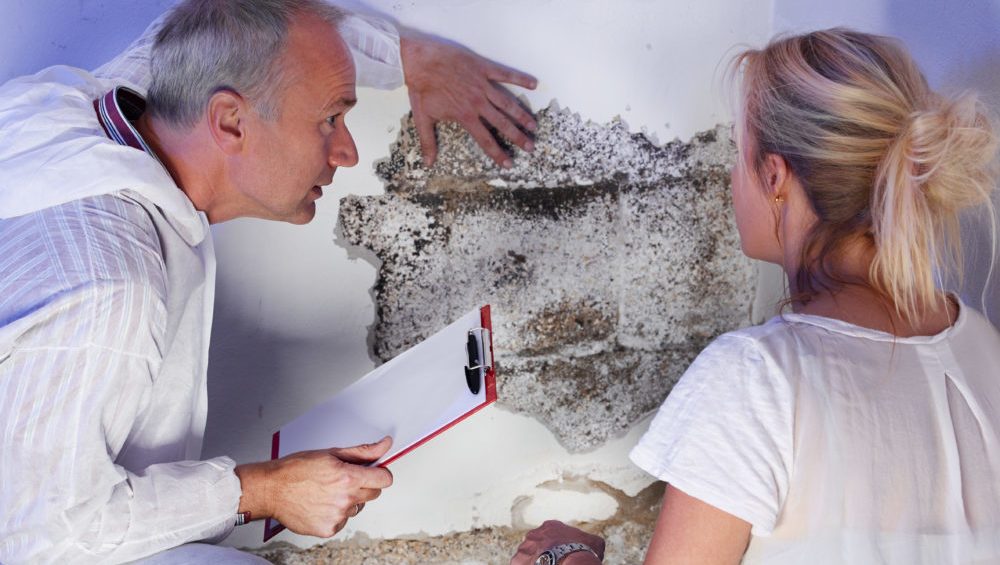
Home repair issues that show up on an inspection report are up for negotiation. It’s up to the buyers and sellers to hammer out an agreement on who pays for what. Here’s a guide.
The inspector is your friend. Sellers often dread the inspection report, fearing it may reveal a major issue that could block the sale of the house. In reality, the inspector is your friend, revealing problems and keeping things transparent.
In addition, many states require the seller to complete a comprehensive property disclosure to be given to the potential buyers before an offer is made to purchase the home. The inspector may use this as a starting point to his work and will find needed repairs even on new homes.
Decisions, decisions. Don’t feel obligated to chase down every minor fix-it job. The buyers are not purchasing a new house and should be reasonable in their expectations. While no rules exist, it’s customary to expect repairs to significant infrastructure systems. If a seller is not willing to work with the buyers on such items, the buyers can exercise their right within the due diligence period to terminate the deal and receive their earnest money back.
Beyond major components, a buyer may want you to fix lesser items not functioning properly such as a leaky faucet or windows that have lost their seal. These are in a gray area and you can decide in consultation with your agent how to respond. Sometimes, on smaller repairs, it’s more appropriate for the seller to offer a credit so the buyers can make the repairs to their own liking.
The lender has a say. Although the buyer’s mortgage company typically does not review the inspection report, the lender will receive a copy of the final appraisal report. The lender will likely require important repairs noted by the appraiser to be completed before closing along with re-inspection of the work. Lenders will not allow repair credits for such items because they want proof that the work was successfully completed.
Giving a credit? If the lender will not allow credit for repairs, consider offering to pay some of the buyer’s closing costs.


